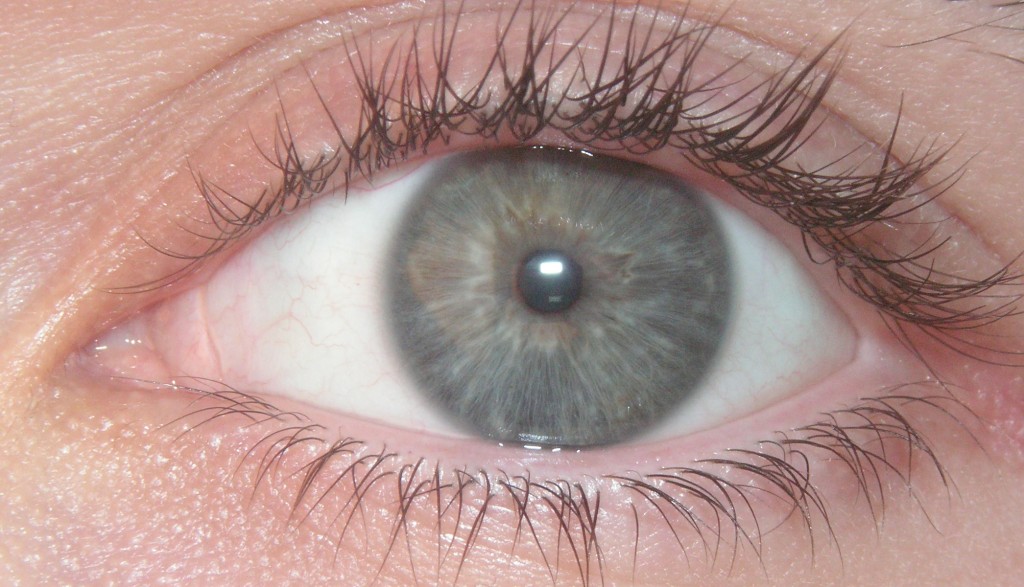By Jennifer Colbourne (The Cascade) – Email
Print Edition: October 9, 2013

The Science
Despite the widely held belief that eye contact enhances persuasion, recent research examining this relationship says otherwise. The findings seem to indicate that if anything, eye contact makes people hold stronger to their beliefs.
The researchers, F.S. Chen (UBC/University of Freiburg), J.A. Minson (Harvard), M. Shöne (Freiburg), and M. Heinrichs (Freiburg), conducted two studies. In the first, they tracked the spontaneous eye movements of participants watching videos of speakers speaking persuasively on hot-button sociopolitical issues and measured their attitudes (including strength and receptiveness) before and after viewing.
They found that participants actually spent more time looking at the speakers when they weren’t directly gazing at the listener, which they believe suggests that eye contact was actually aversive. While they did find that people were more likely to look in the speaker’s eyes if they already agreed on the issue (possibly an origin of the persuasiveness misconception), those who disagreed or were neutral who spent a greater amount of time looking in a speaker’s eyes were less likely to agree than before – and even less so when the speaker used a direct gaze.
The second study used directed eye contact (as opposed to spontaneous contact) to serve as a control. Having the same speakers give videos on opposing views, participants in this study were each presented with whichever view they disagreed with. Using eye-tracking equipment once again, in one test group, participants were told to watch the speaker’s mouth and in the other they were instructed to watch the speaker’s eyes.
Unlike those in the mouth-watching group, those forced to make eye contact were far less likely to change their views, especially those who had only mildly disagreed previously.
“Our findings are generally consistent with prior research suggesting that direct gaze is used across species in competitive or hostile interactions to assert dominance and intimidate others,” the authors stated in Psychological Science. “We suggest that the very experience of meeting the gaze of a disagreeing other, whether such experience is arrived at spontaneously or effortfully, creates a social dynamic characterized by resistance to persuasion.”
You, Me, and UFV
This throws a bomb into the world of effective communication. Anyone who has ever taken a speech class or even been given presentation advice has been told that you must make eye contact with the audience. It’s one of the staple tenants of persuasive speaking.
This group of researchers theorized that this mistaken belief may have come from surveys in the past wherein speakers were typically evaluated as more persuasive if looking at the listeners. However, what these surveys didn’t take into account was whether or not the audience members were making direct eye contact, nor the actual persuasive efforts (rather than evaluation).
It seems like common sense that speakers should look at the audience – it’s pretty unprofessional and impersonal to have a speaker whose eyes are glued to his or her notes or to a screen with a Powerpoint presentation. However, this does not mean that speakers should bore their eyes into the hearts and souls of whomever they are addressing; as the researchers point out, it’s one of the most basic facts of human psychology that direct eye contact is considered challenging and threatening. If you’ve ever had a professor stare at you while lecturing, you know what I mean. It’s unnerving.
This is important to know. If you’re trying to win someone over to your point of view, the last thing you want is for them to be on the defensive. So it seems direct eye contact may no longer be a viable strategy – it looks like students and professional communicators will have to re-evaluate their sway tactics.

